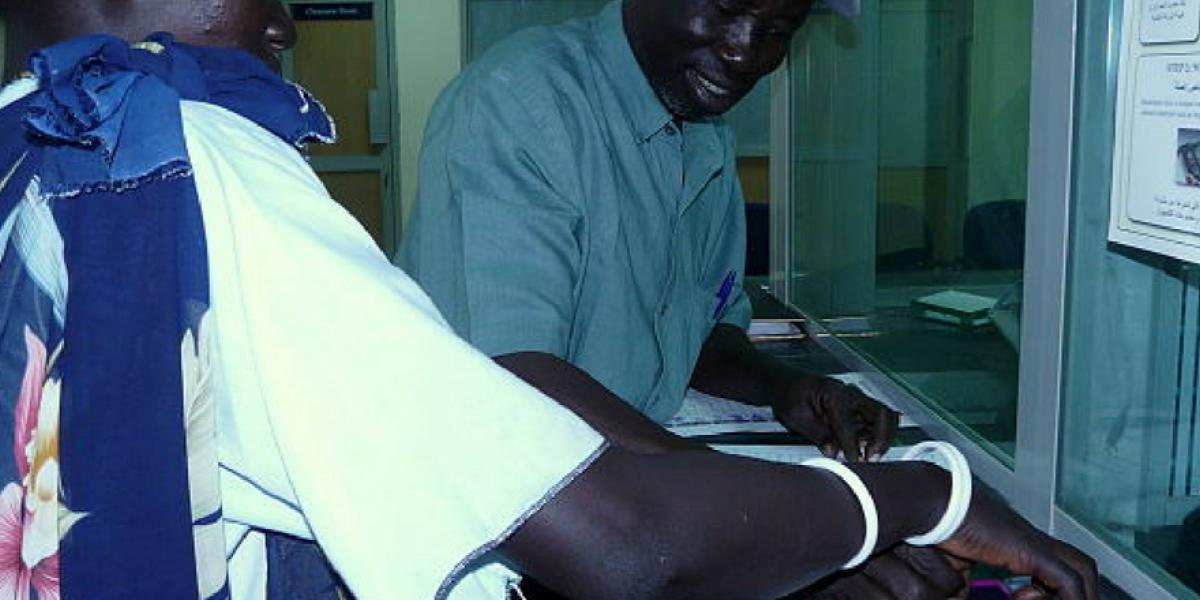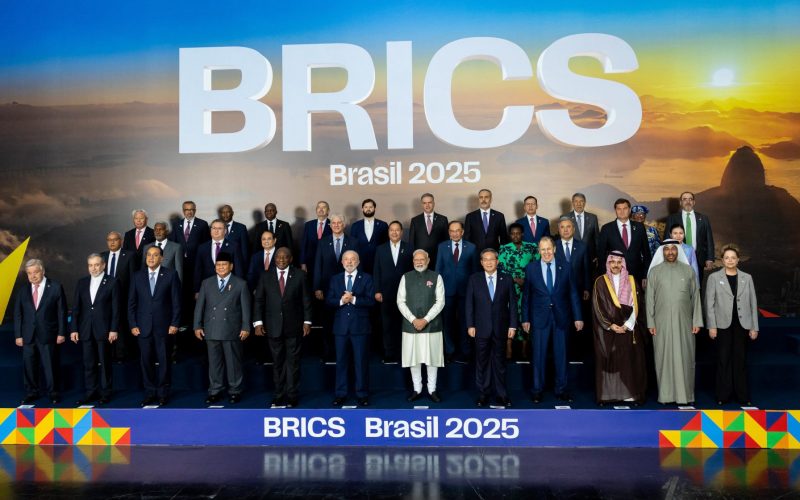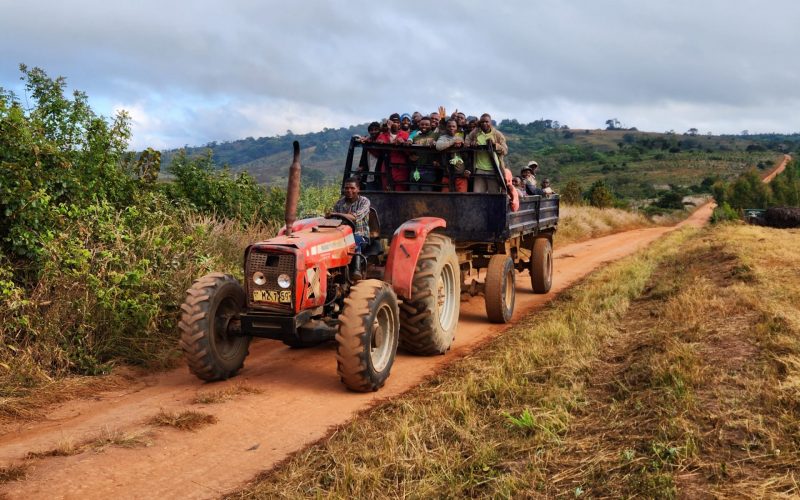Financial inclusion is central to economic empowerment in rural communities, as it forms the foundation for the sustainable economic development of the less privileged in society. By engaging in economic activities where goods and services are traded for cash, people become part of economic clusters. The amalgamation of economic clusters has an impact on the growth of local economic systems, resulting in sustained development.
Thus, in order for sustained socio-economic development to occur, people should be encouraged to engage in more economic activities where financial transactions take place. To do this, people often need to have bank accounts at formal financial institutions.
However, studies have shown that there are numerous barriers preventing especially the rural poor from entering the formal financial system. Some of these barriers include strict ‘Know Your Customer’ regulations, the cumbersome paperwork associated with opening banking accounts, mandatory deposits, bank charges and the distance from villages to towns, where most formal financial institutions are normally located. Considering this, many rural people may opt to use informal financial institutions, which are risky and mostly unregulated.
This paper aims to highlight the importance of financial inclusion for development in rural African communities. An overview is given of financial inclusion in Africa and of the methods through which the financially excluded ‘bank ’ their money and obtain credit. The paper also looks at selected informal remittance mechanisms used by the rural poor to transfer and receive money. In addition, the concept of financial inclusion is presented in context, looking at financial literacy as the element needed to sustain the economic effects of reducing financial exclusion in Africa. Important initiatives to increase financial literacy are highlighted and the challenges faced in increasing financial inclusion in Africa are examined. The paper concludes with policy recommendations to promote financial inclusion.








